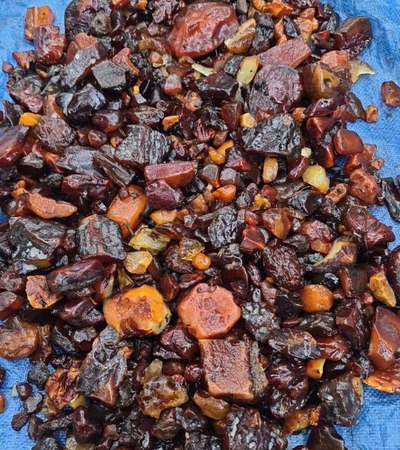Ukraine has increasingly become a focal point for trade with both Middle Eastern and West Asian countries, spurred by its strategic location, rich natural resources, and developing financial and banking systems. The Ukrainian economy is driven by agriculture, heavy industry, IT, and more recently, renewable energy. As one of the world’s leading exporters of grain, sunflower oil, and other agricultural commodities, Ukraine provides essential goods to many Middle Eastern nations. These nations, often faced with arid climates and limited agricultural production, rely heavily on Ukrainian imports for food security. Additionally, Ukraine`s substantial mineral resources and metals, such as iron and steel, further facilitate trade relationships, especially with countries investing in infrastructure and industrial growth.
The Ukrainian banking system has undergone significant reforms over the last decade, especially since the 2014 geopolitical crisis, aiming to align with European and international banking standards. The National Bank of Ukraine has worked to increase transparency and resilience in the banking sector, improving investor confidence. While the banking system still faces challenges, including non-performing loans and currency volatility, these reforms have attracted foreign investors and bolstered the country’s creditworthiness. For trade with the Middle East, Ukraine benefits from a flexible currency exchange system, which helps balance trade, though the fluctuating value of the hryvnia (UAH) can impact cost structures for international buyers and sellers.
Ukraine`s trade relations with the Middle East are supported by various bilateral agreements and trade fairs, and recent years have seen an increase in Ukrainian export initiatives aimed at the region. Middle Eastern countries, for their part, have looked to Ukraine not only as a trading partner but also as a potential investment hub, especially in areas like agriculture and infrastructure. Ukrainian exports to Middle Eastern countries include grains, dairy, meat, and other essential food products, while imports from the region focus on oil, petrochemicals, and increasingly, high-tech products and luxury goods. Trade with countries such as the UAE, Saudi Arabia, and Turkey has been particularly robust, underscoring Ukraine’s role in the regional supply chain for food and industrial goods.
Ukraine has also shown interest in enhancing trade relations with West Asia, viewing it as a region ripe for further economic collaboration. West Asian countries seek Ukrainian goods for both consumer and industrial use, leveraging Ukraine`s lower production costs and expertise in industries such as construction and engineering. Meanwhile, Ukraine imports from West Asian nations primarily revolve around energy products and manufactured goods, highlighting a complementary economic relationship. In sum, Ukraine’s improving financial system, strategic location, and diverse resource base position it as an attractive trade partner for Middle Eastern and West Asian countries seeking reliable, cost-effective, and high-quality goods.
-
 Georesearch 2 weeks ago
Georesearch 2 weeks ago Ukraine
Raw Amber
Ukraine
Raw Amber
We are Ukrainian company GeoResearch that provides a full cicle of amber extraction and processing directry from the deposit. We also offer our own lo...Details

